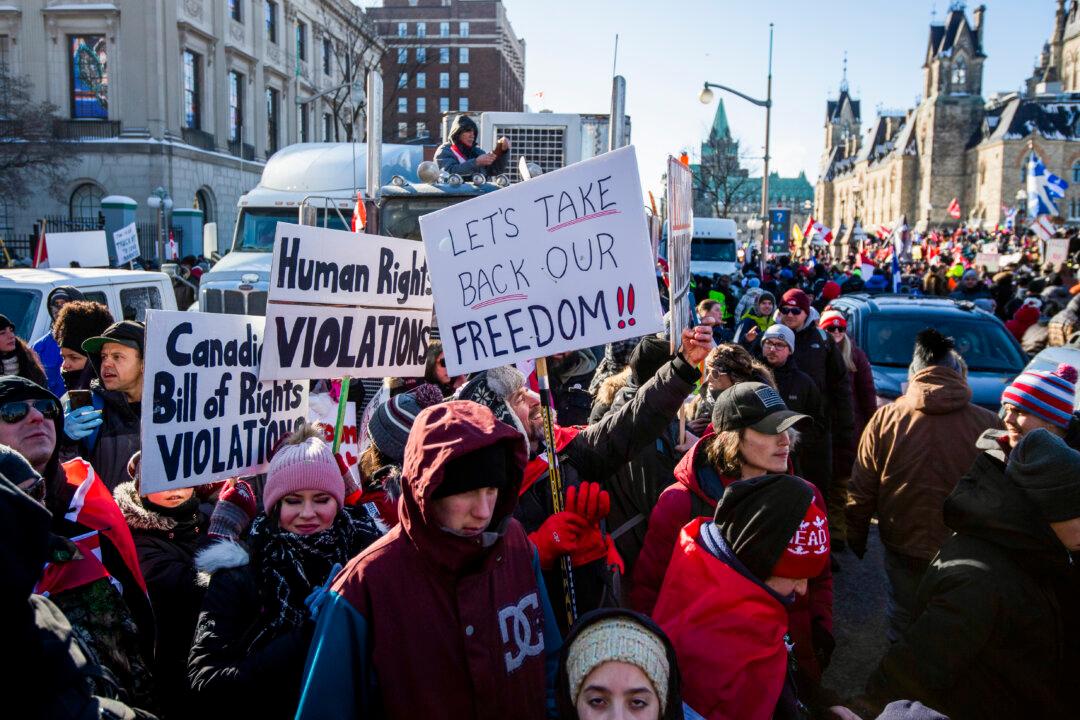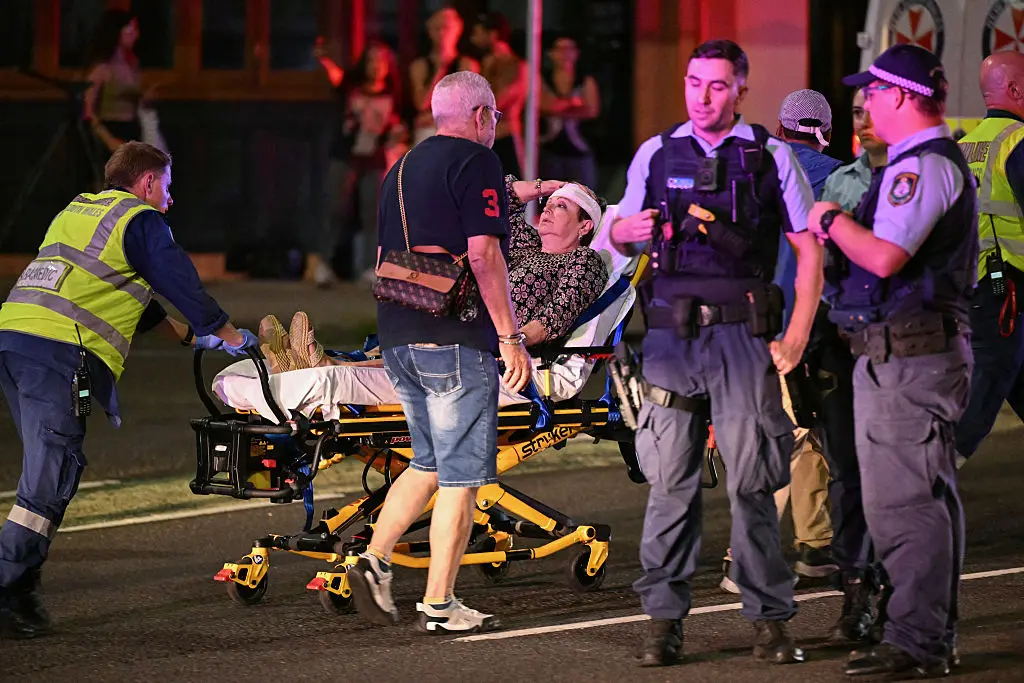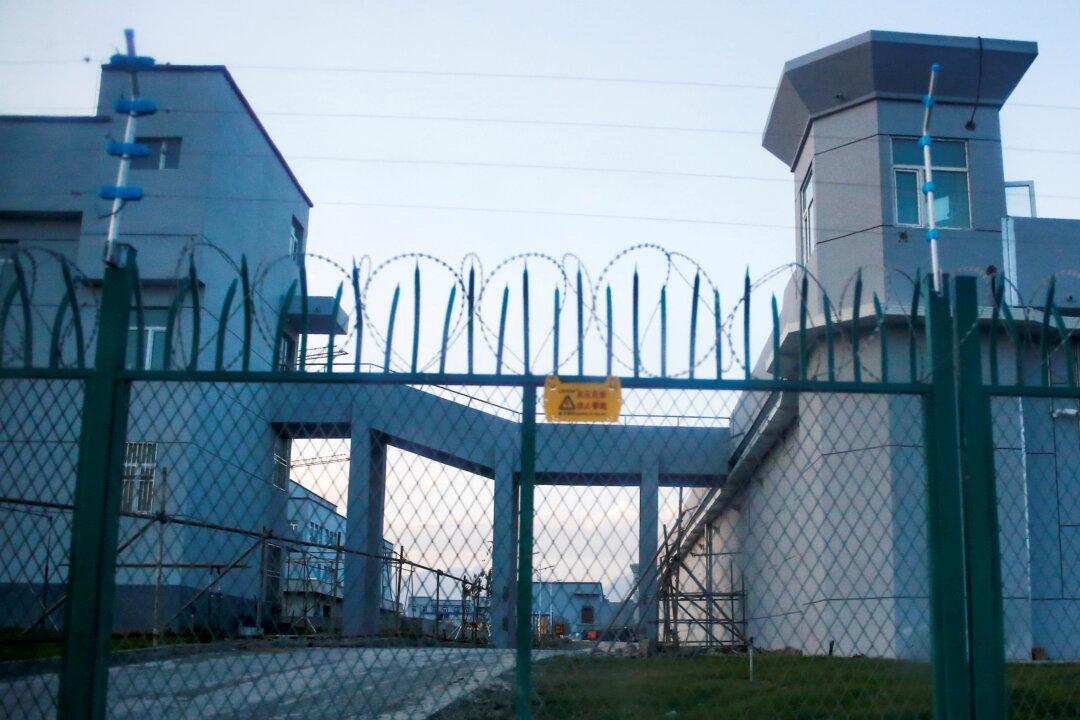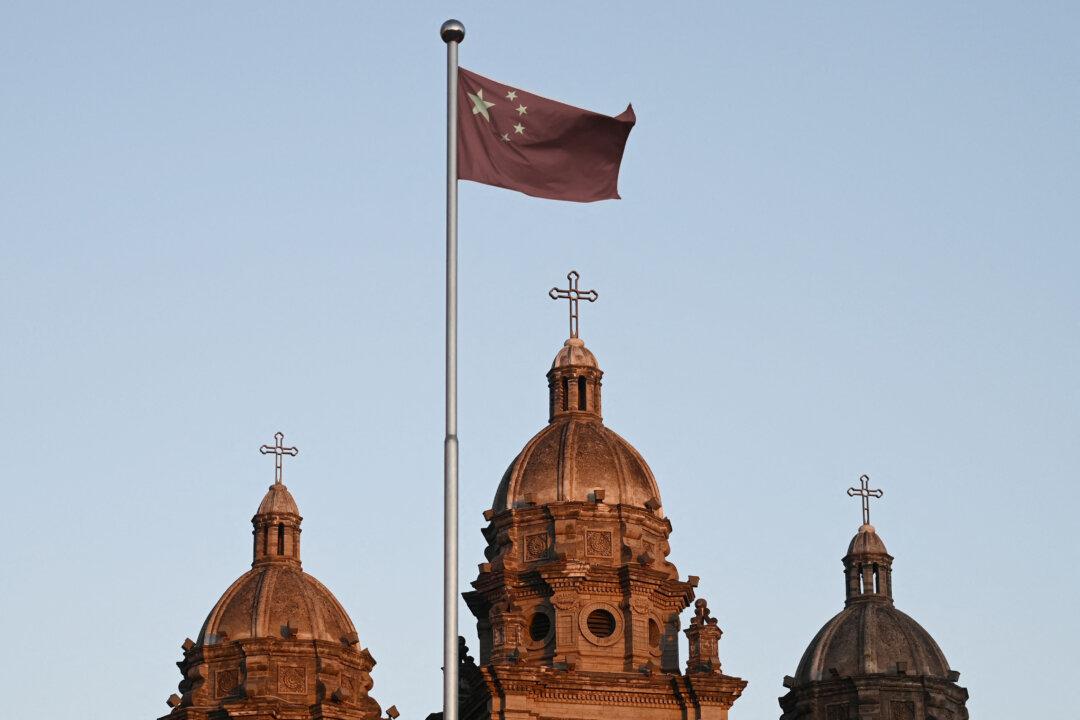Commentary
The last time I checked, Canada was a liberal secular democracy that is based on the rule of law. In that sense, new legislation or changes to our legal code are suggested by MPs or senators or committees, debated, amended, debated again, voted on in both the House of Commons and the Senate, passed, and then, and only then, are sent to the Governor General for royal assent and finally become law.





